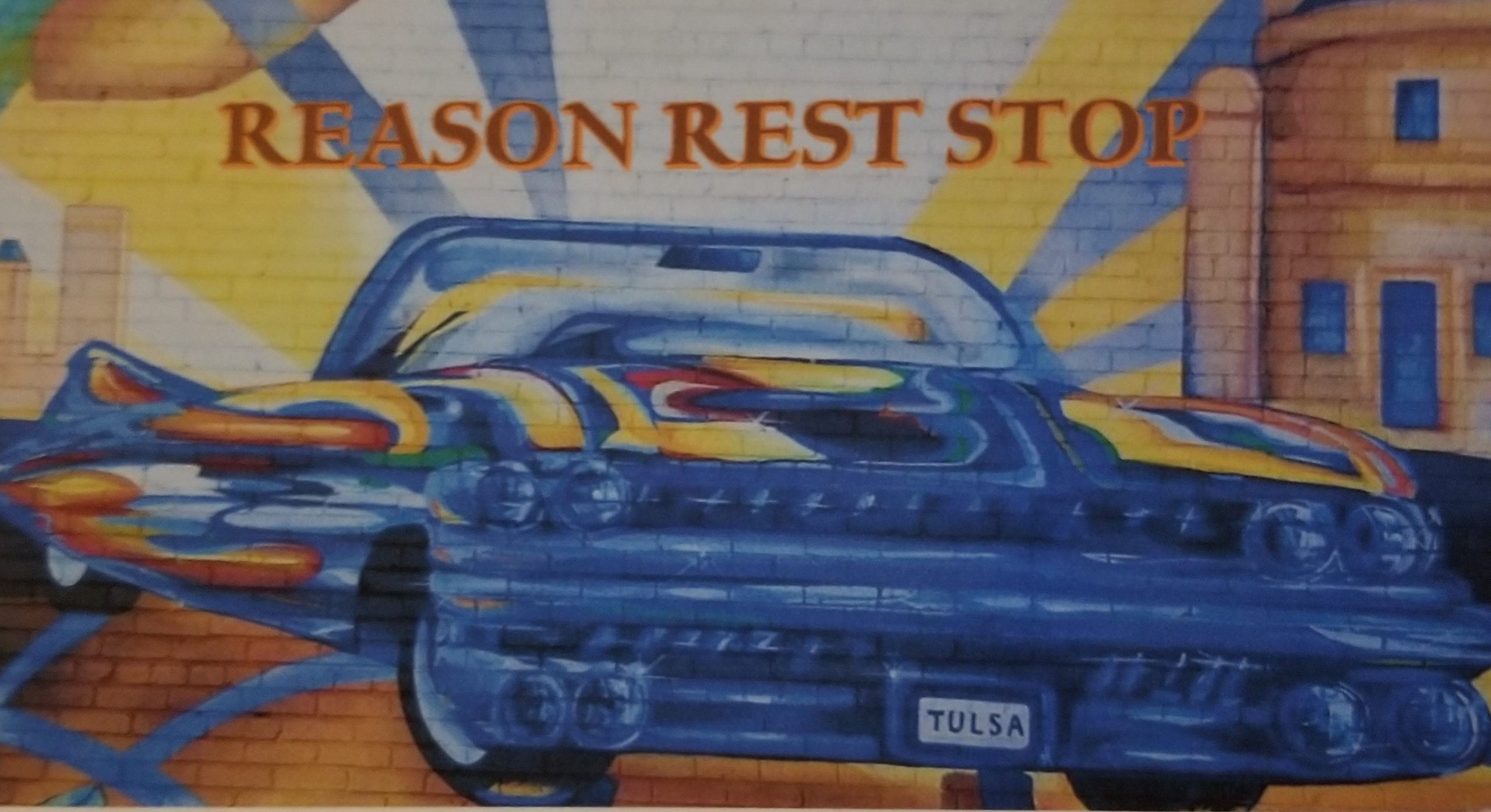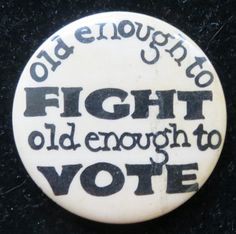Those Americans who were not alive and those who were alive but not yet between their eighteenth and twenty-first birthdays before July 1st, 1971, will never be able to truly appreciate the full justice of what occurred on that date. For those readers who were not yet eighteen years of age on or who were born afterward and have always known they were eligible to vote on their eighteenth birthday, July 1st fifty years ago marked the end of something truly dystopian that was America before their existence. That date marked the beginning of American eighteen-year-olds being eligible to vote in ALL elections. Fifty years later the very idea of being eighteen and being banned from voting due to not being twenty-one years of age to is a totally foreign concept.
President Nixon’s signing of the 26th Amendment into law was the culmination of a vigorous debate which began during World War II. In the throes of a full two-theater armed conflagration and in an effort to increase the manpower pool for the military draft, President Franklin D. Roosevelt lowered the age for military enlistment and conscription from twenty-one to eighteen in 1943. In the runup to this action, a lengthy debate was sparked and led by then West Virginia Congressman and later Senator Jennings Randolph, who held a great deal of faith in and respect for the nation’s youth as they readily answered the call to defend their country. During his tenure in the Congress, Randolph introduced some eleven bills concerning the lowering of the voting age to eighteen. It is well known and has been demonstrated repeatedly that the American wheels of change and progress turn slow but true, but eventually do their thing. Lowering the voting age proved over a period of a few years to be a popular issue. The slogan, “Old enough to fight, old enough to vote” gained a lot of traction that only increased and garnered lip service from numerous public servants from the POTUS down.
In the 1960s during the escalation of the war in Vietnam and with so many of the offspring of those conscripted in the 1940s being drafted to serve in an unpopular conflict, critical mass on the matter was finally reached via Supreme Court decision (Oregon v Mitchell) and overall popular support for a constitutional remedy.
On the eve of the 50th anniversary of the 26th Amendment’s passage, President Biden issued a proclamation:
A Proclamation on the 50th Anniversary of the 26th Amendment | The White House
As one of those aforementioned Americans who was alive but not yet eighteen years old on July 1st, 1971, it was not until later in that same decade that I learned to appreciate the right to vote as a teenager. I missed eligibility to vote in the 1976 Presidential Election by four months. The first general election I was able to vote in was the 1978 midterm. Having enlisted in the U.S. Navy at age eighteen earlier that year, that first ballot I marked was of the absentee variety and mailed back to my home county election board from my west coast duty station. The collateral duty of Command Voting Officer that served as the point of contact for absentee ballot applications was assigned to a Vietnam War combat veteran with a chest full of decorations to show for his service under fire. Before he received his commission in the Nurse Corps, Lieutenant Wentland had been an enlisted Navy Hospital Corpsman. He had served with the Marines at the battle of Khe Sahn in 1968. As Voting Officer, it was part of his duty to make the rounds to each work center and explain why voting was important along with passing out the absentee ballot application information. His deadpan delivery of his experience in actual combat of having to do his best to save the lives of critically wounded eighteen, nineteen and twenty-year-old Marines, several of whom did not survive, then having to package the remains of those killed in action in body bags left a lasting impression on him. What made it all the worse for him was the grim knowledge that so many of them had never exercised the right as an American to mark a ballot in a free and fair election because they were not old enough to vote despite being old enough to make the supreme sacrifice for their country. Hearing that directly from the mouth of a man who had been there and done that in the first person, the gravity of it weighed heavy on me. It made me extremely grateful to be able to exercise the most fundamental American right as a nineteen-year-old wearing a Navy uniform.
Having been directly involved in partisan politics since 2004 ranging from party volunteer to candidate, carrying voter registration forms with me has become second nature. Few things in politics disappoint me as bad as voter apathy, specifically those eligible citizens who, for whatever reason, refuse to register to vote or who refuse to vote after they register. The learned hopelessness of older voters doesn’t seem to bother me as much as the callous indifference and the too often outright ignorance of voter registration-eligible teenagers. This phenomenon contributes heavily to low voter registration numbers and too often disgustingly low voter turnout on Election Day. Whether this is a failure of parenting, education, public communication or social environment is beside the point. Understanding what it must have been like to be saddled with the responsibility of implementing the policies of the Republic by putting one’s life on the line while being denied the most basic right of membership in it places the issue into a very exalted light. It is my opinion that the citizen’s right to vote is sacrosanct. Any policy installed via legislation to obstruct access to the ballot box for any reason is a sin against democracy. Any personal failure to vote on Election Day is a sin against one’s own duty as a citizen. It is imperative as we seek a more perfect Union to remember how things once were and will never be again. As we celebrate this milestone of eighteen-year-old suffrage in our collective forward evolution, let us all be mindful of the injustice it rectified as we strive as a people to live up to the true meaning of the American Creed.
Sources:


1 thought on “The 26th Amendment at 50”